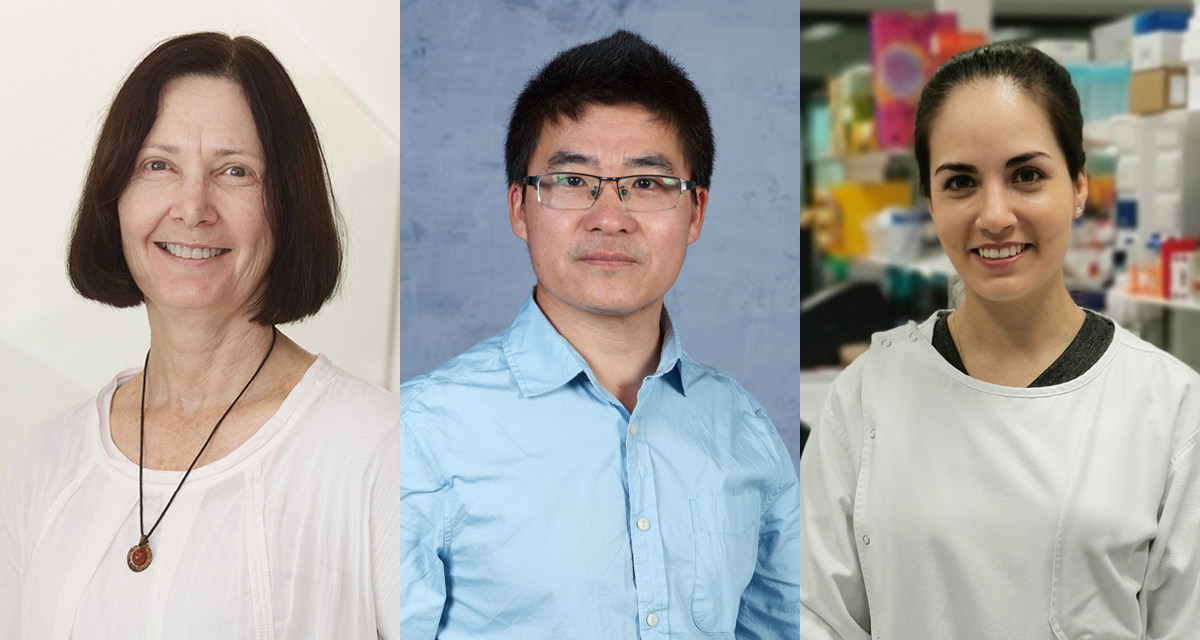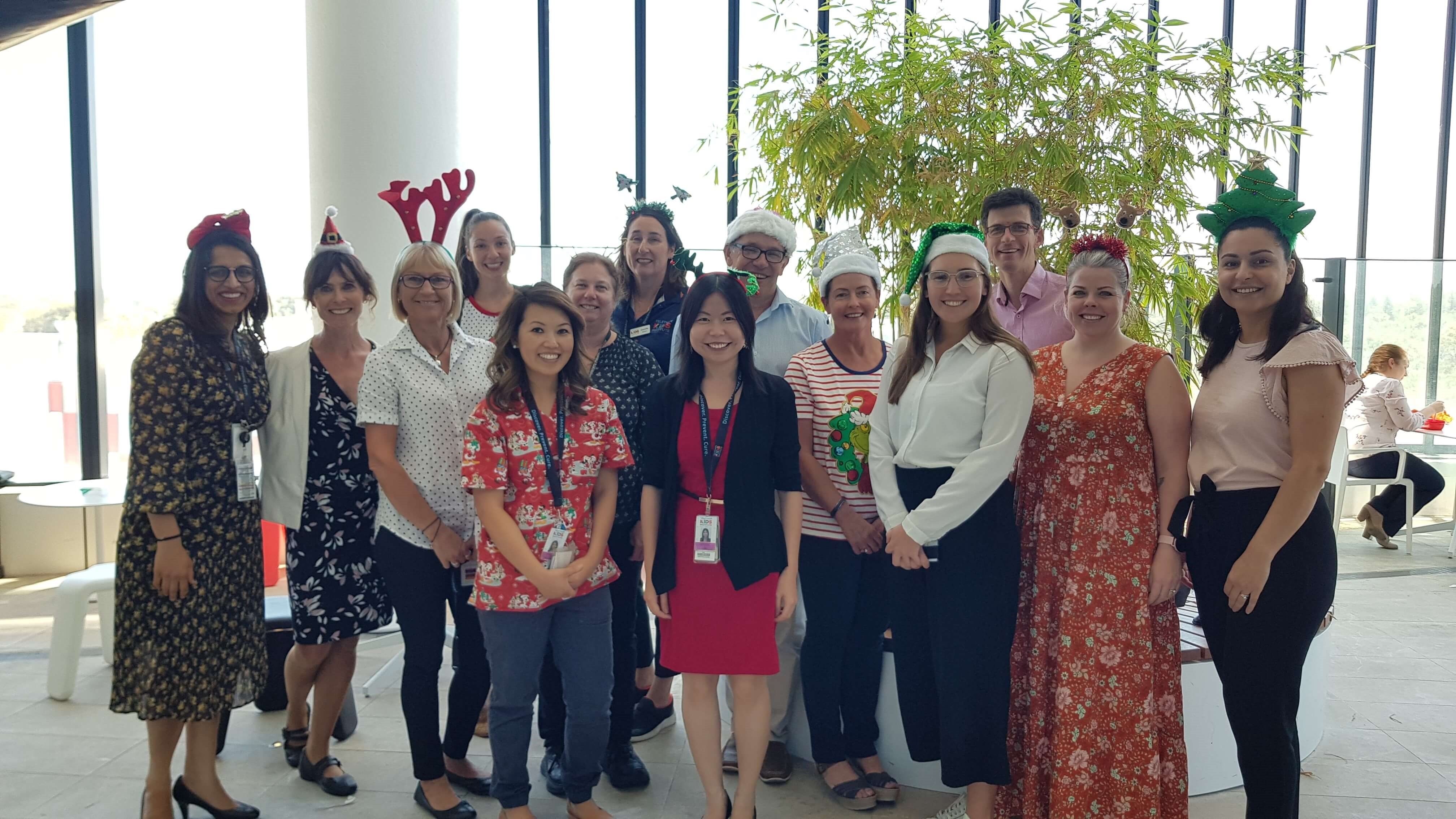Search
Showing results for "clinical trials"

News & Events
New funding to tackle undiagnosed diseases and improve cancer immunotherapyOne of the researchers who helped crack the code of 10-year-old Northam girl Charlotte Patterson’s incredibly rare disease has received State Government funding that will allow her to use the same methods to rapidly assess the cases of hundreds more patients living with undiagnosed disease.

News & Events
Researcher to run 30 marathons in 30 days for kids with brain cancerOn Monday 1 September, childhood cancer researcher Jacob Byrne is lacing up his running shoes and taking the first steps of an extraordinary challenge: 30 marathons in 30 days across Perth.
Research
Negative impact of insomnia and daytime sleepiness on quality of life in individuals with the cyclin-dependent kinase-like 5 deficiency disorderCyclin-dependent kinase-like 5 (CDKL5) gene pathogenic variants result in CDKL5 deficiency disorder (CDD). Early onset intractable epilepsy and severe developmental delays are prominent symptoms of CDD. Comorbid sleep disturbances are a major concerning symptom for families.
Research
The Interseasonal Resurgence of Respiratory Syncytial Virus in Australian Children Following the Reduction of Coronavirus Disease 2019-Related PublicFollowing the end of winter, there has been a persistent absence of severe acute respiratory syndrome coronavirus 2 community transmission and no increase in influenza detections. Limited physical distancing measures have remained in place, with largely no restrictions on gathering sizes and no mandate for wearing masks.
Research
Caregiver’s attitudes, beliefs, and experiences for influenza vaccination in Australian children with medical comorbiditiesInfluenza vaccination recommendation by children’s hospital physicians and previous vaccine receipt in hospital was associated with vaccine uptake
Research
The Unintended Impact of COVID-19 Associated Non-Pharmaceutical Interventions on Paediatric Hospital Admissions: An Interrupted Time Series AnalysisCOVID-19 related non-pharmaceutical interventions (NPIs) disrupted global healthcare utilisation, with notable declines in infection related paediatric hospitalisations. We aimed to identify non-infectious paediatric conditions for which the incidence of hospital admissions increased during the introduction and alleviation of NPIs in 2020.
Research
The SYMBA Study - Promoting Gut Health (SYMBiosis) for Allergy preventionDebbie Susan Desiree Palmer Prescott Silva BSc BND PhD MBBS BMedSci PhD FRACP MBBS, FRACP, MPH, PhD Head, Nutrition in Early Life Honorary Research

Coming up in 2021 Contact us We have a a study to suit every age range in 2021! From babies at just six weeks for the FluBub Study, through to
Research
Randomized controlled trial of early regular egg intake to prevent egg allergyWe aimed to determine whether regular consumption of egg protein from 4-6 month old reduced the risk of IgE-mediated egg allergy in infants without eczema.

News & Events
Old, painful rheumatic heart disease treatment could be phased outAn international trial reveals 95% of rheumatic heart disease patients prefer less painful penicillin injections under the skin, aiming to improve treatment adherence.
